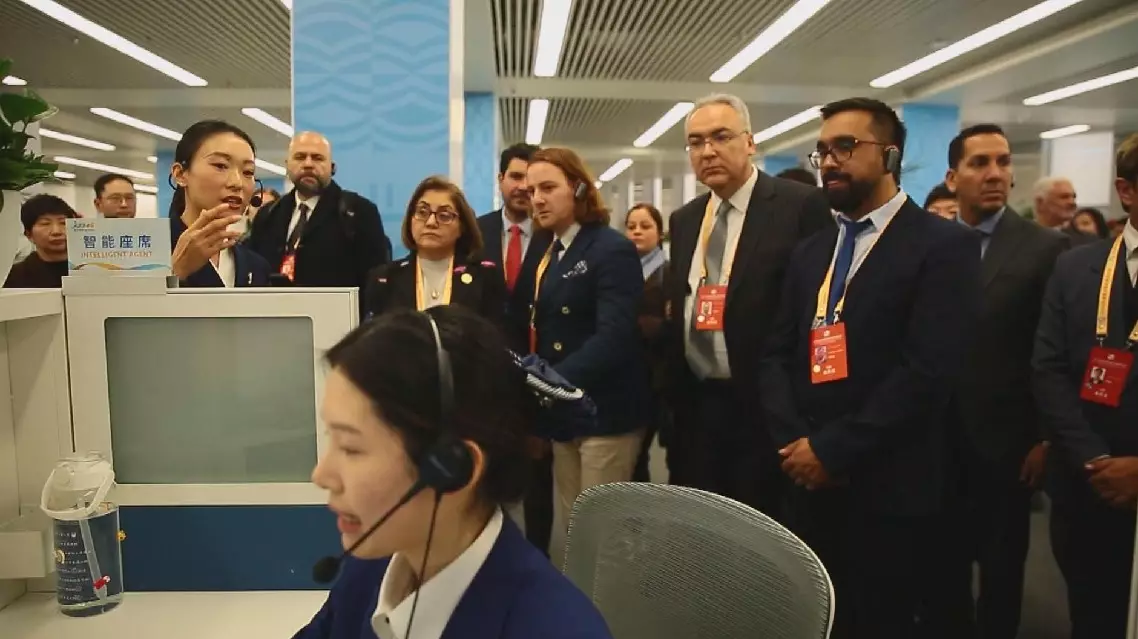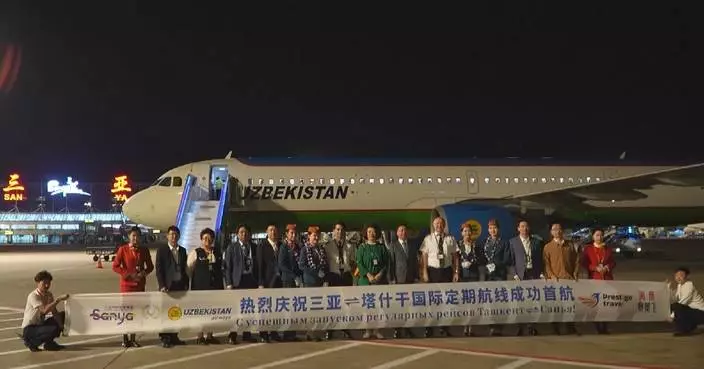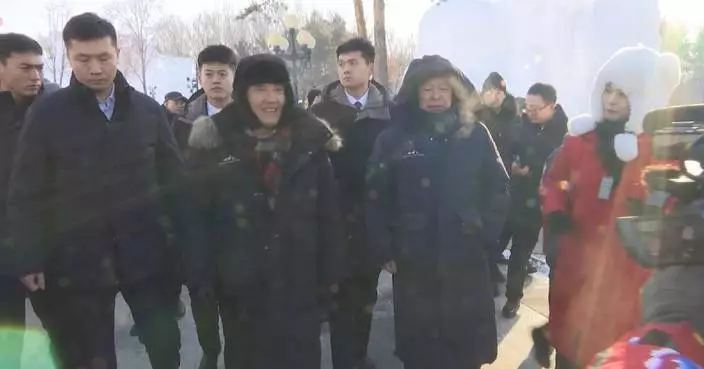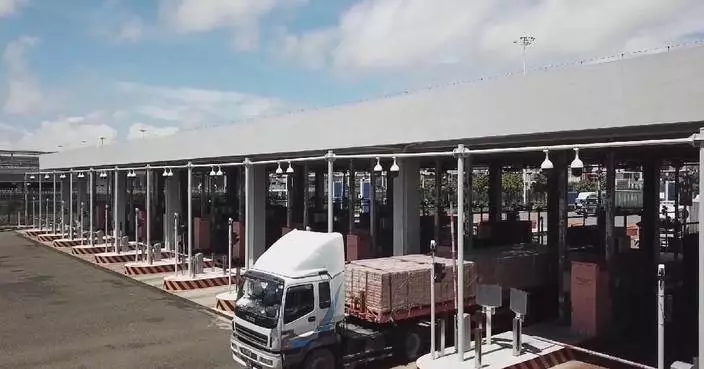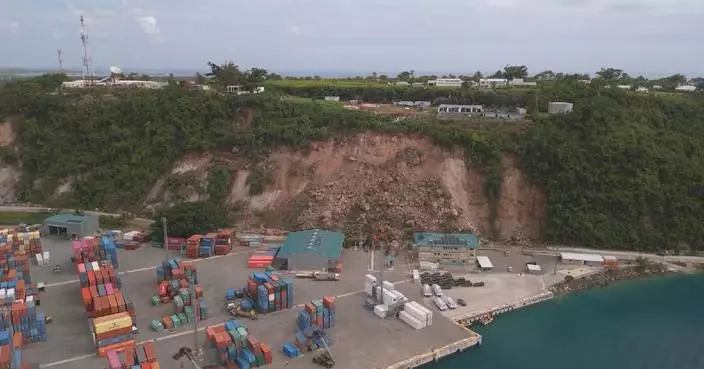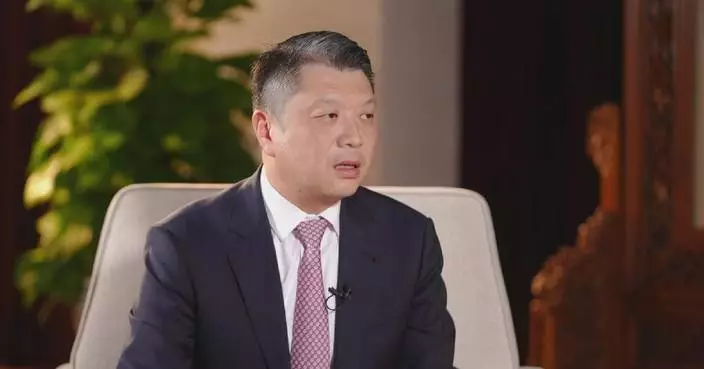Condemning U.S. latest arms sales to China's Taiwan region, Chinese experts have urged the United States to earnestly abide by its commitments of not using Taiwan as a tool to contain China.
On Oct 26, the U.S. Defense Department announced that the U.S. State Department had approved 1.988 billion U.S. dollars in arms sales to Taiwan, including the "National Advanced Surface-to-Air Missile Systems" and radar systems. This is the 17th arms sale to Taiwan during the administration of U.S. President Joe Biden.
According to data from U.S. agencies, the total value of arms sales to Taiwan since the Biden administration's approval of the first batch in August 2021 has now reached about 7.7 billion U.S. dollars.
"The three China-U.S. joint communiqués are an important cornerstone of the China-U.S. relationship. In the third communiqué, the August 17 communiqué, the United States explicitly made a commitment to gradually reduce arms sales to Taiwan. However, the amount, frequency, and sophistication of the U.S. arms sales to Taiwan have been on the rise. The so-called commitment by the United States has not been honored in practice, casting serious doubt on the U.S. strategic credibility," said Zhang Hua, a researcher at the Taiwan Institute of Chinese Academy of Social Sciences.
Experts say that the Biden administration's announcement of the latest arms sale to Taiwan came just ten days before the U.S. presidential election. The U.S. Democratic Party intends to showcase its firm stance on foreign affairs through the arms sales, aiming to woo more voters.
Moreover, U.S. former President and Republican presidential candidate Donald Trump has recently said that if Taiwan wants U.S. protection, it should pay for it.
Experts believe that the United States is using the Taiwan question to contain China and perpetuate its hegemony.
"The United States is fully aware that China's reunification is an overriding historical trend and an unstoppable course. The United States aims to raise the cost of reunification by 'arming' Taiwan and intends to turn the future Taiwan question into a 'mess,' exposing the malicious intentions of the United States," said Wang Ping-chung, a current affairs commentator from Taiwan.
"For the United States, playing the 'Taiwan card' is a high-reward, risk-free move that can push the mainland to allocate more resources to prevent instability in the Taiwan Strait, thereby slowing down the great rejuvenation of the Chinese nation as a whole. Looking back at history, a basic fact is that the U.S. strengthening its relationship with Taiwan is based solely on its own interests, never prioritizing Taiwan's well-being," said Zhong Houtao, an associate professor at the University of International Relations.
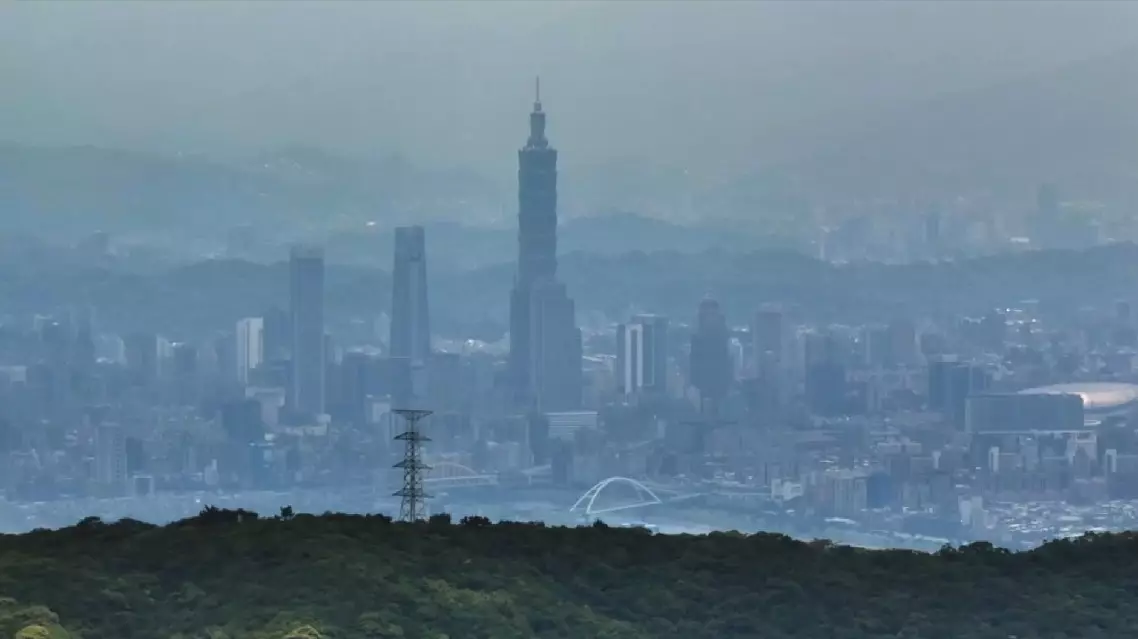
Chinese experts condemn U.S. latest arms sales to Taiwan
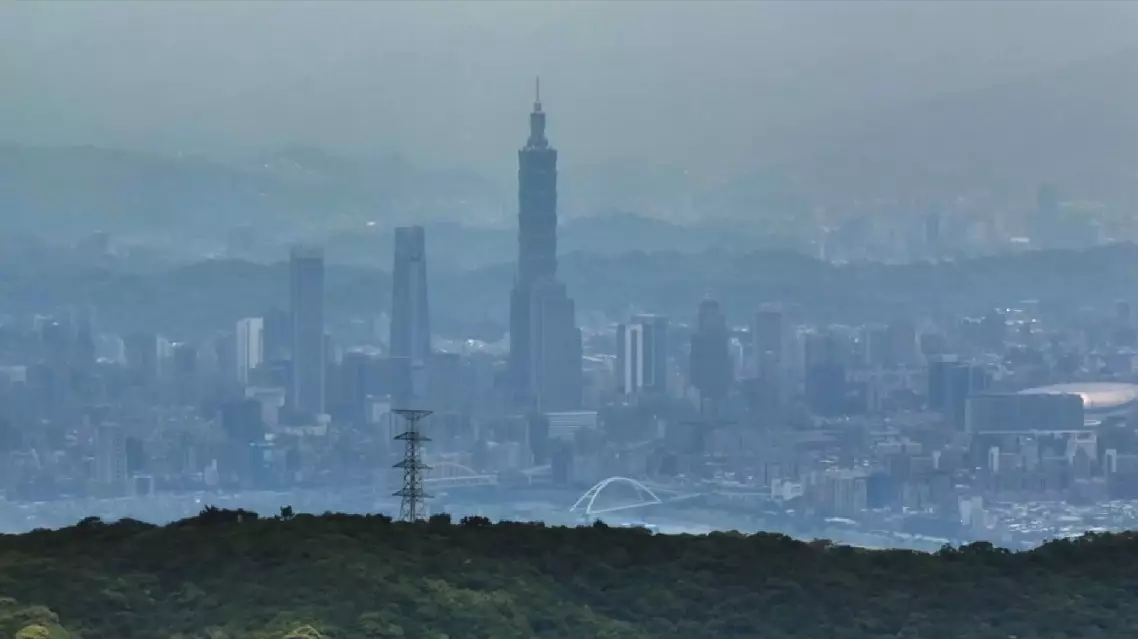
Chinese experts condemn U.S. latest arms sales to Taiwan
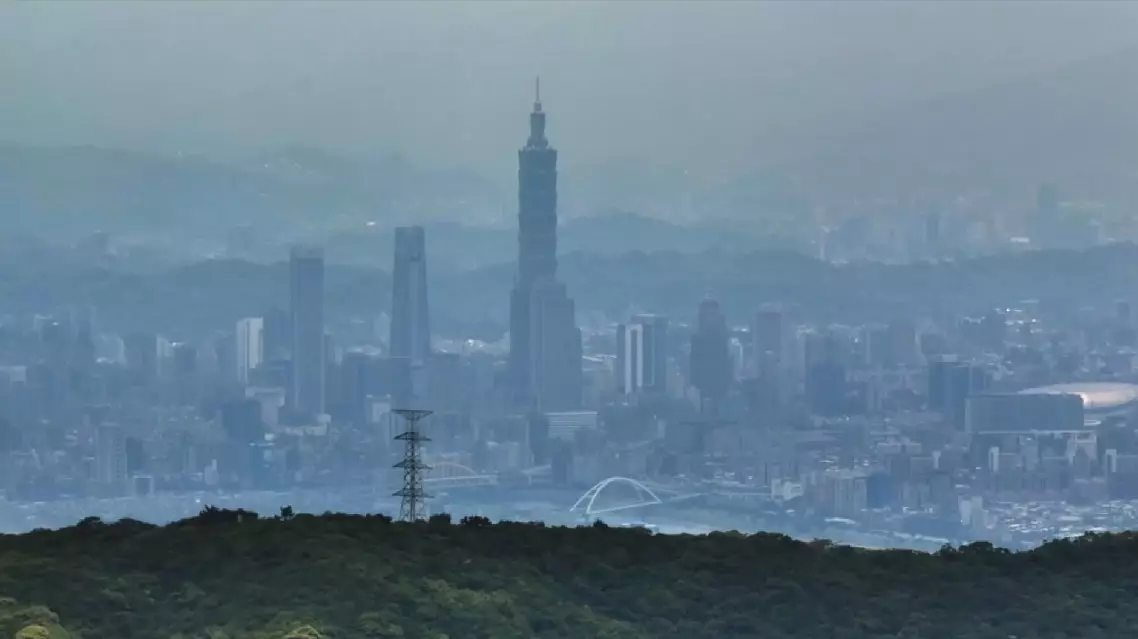
Chinese experts condemn U.S. latest arms sales to Taiwan


